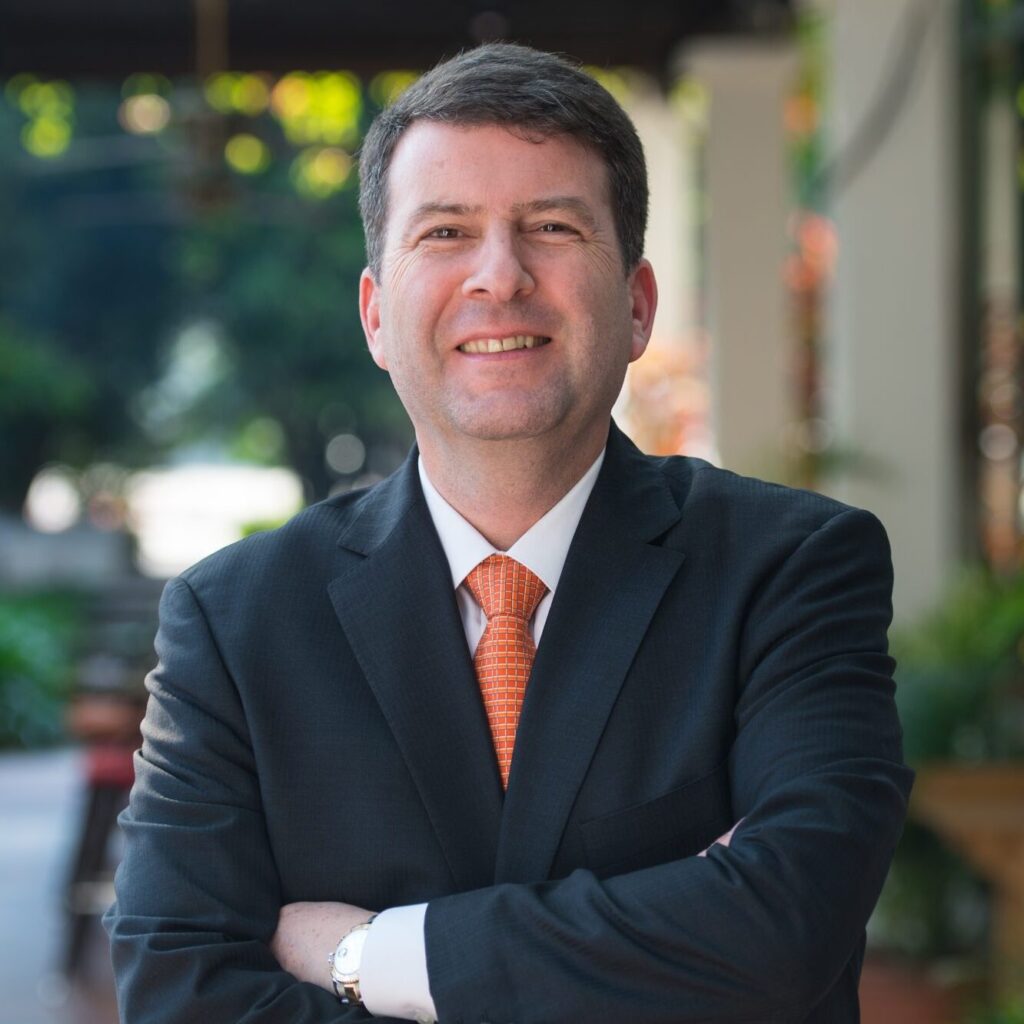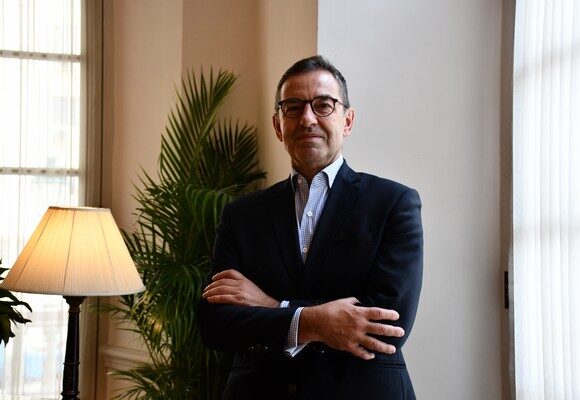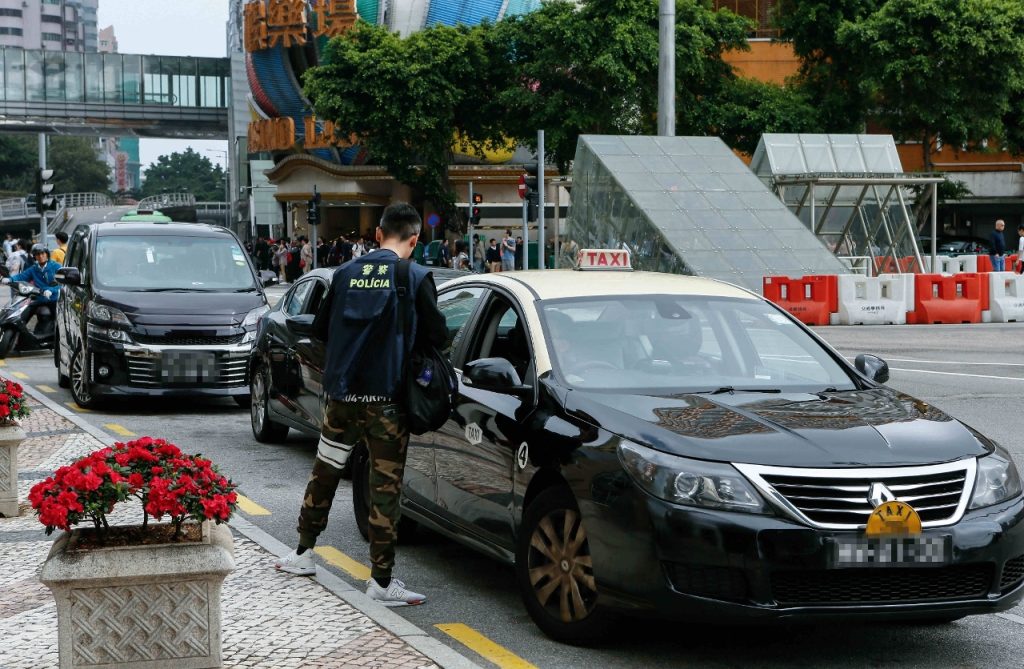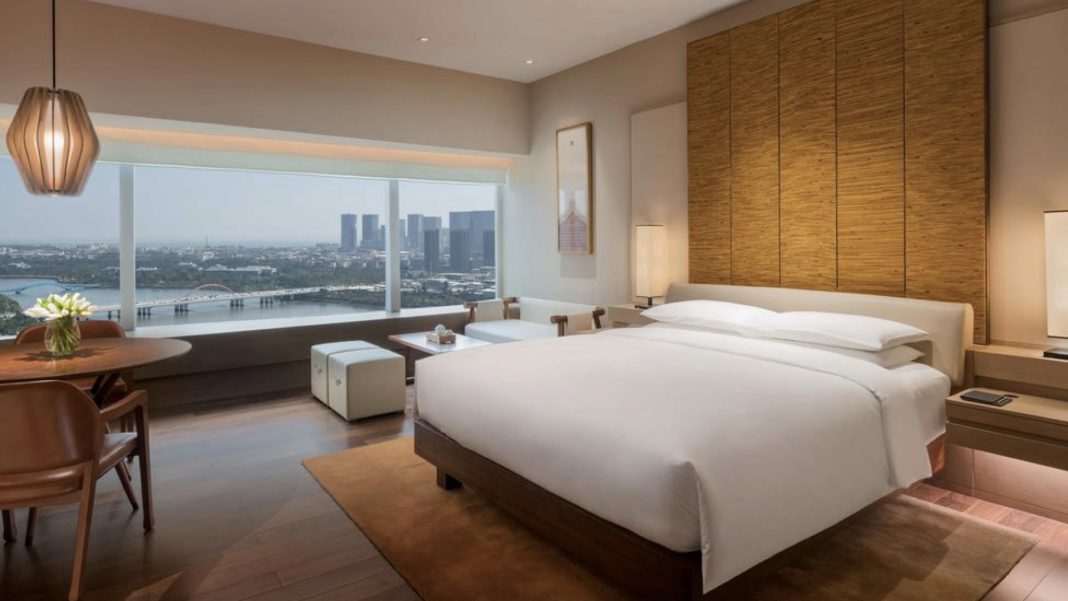Despite proving to be a good month in terms of gaming revenue and overall visitation, the hospitality sector in Macau in October failed to see its expectations met, as most visitors didn’t choose to stay overnight.
Hotel properties which feature casinos were the best positioned during the month marked by the Golden Week holiday, notes Rutger Verschuren, Vice Chairman of the Macau Hotel Association, particularly those in Cotai.

“The integrated resorts did a lot better than the non-gaming properties […] it appeared that the hotels in Cotai had a strong push from wholesales and online travel agents,” notes the hotelier.
“In the past, those casino hotels, or integrated resorts, did not have much inventory to sell into the market, as most of the rooms were occupied by gamblers but this year it appeared that many of the casino hotels had actually rooms to sell, and there’s also a lot of new supply which attracted particularly the Hong Kong market,” comments Verschuren.
The Golden Week period, which officially started on September 29th, brought in nearly 1 million visitors, according to official statistics, over 171,000 of which were from Hong Kong.
But hotel demand was only strong during the first days of the holiday.
“Three or four days had very high occupancy but in the second half of the week it really dropped quite a bit,” notes the association Vice Chairman. And only about 40 percent of the visitors overall decided to stay overnight, estimates Verschuren – lamenting the delay in official statistics on occupancy – only set to be released on November 20th.
Savvy young customers
Visitor demographics are also shifting significantly, changing to “younger visitors, young couples, young families and also extended families,” he notes, pointing out that there is still “some gaming” but there is “a lot more interest for shopping and sightseeing than before”.
While a “healthy development”, it also implies more quality control and a flexible pricing system, as visitors’ savvy – particularly due to the internet – increases.
“Compared to before COVID, guests nowadays have higher expectations, they are well-seasoned in regards to what to expect […] they don’t take ‘no’ for an answer and they don’t accept mediocre service,” points out Verschuren, noting that any faux pas will result in “repercussions on social media”.
And guests are also dealing with smaller wallets than before, particularly as the mainland Chinese economy isn’t as healthy as it was before.
“They’re very cautious to spend. They don’t mind spending but it has to be for a great experience,” notes Verschuren, pointing out that even a MOP10 price difference could cause visitors to choose a different venue.
And these price points are easily comparable on the internet.
“There are no more secrets, we cannot outsmart our guests somehow. We need to be open and fair with our pricing,” points out the hotelier.
New normal
“Every month is a new challenge,” points out President of the Macau Hotel Association Luís Heredia.

“Each hotel has to apply its own equation and lower or raise rates according to demand,” he points out, noting that “the learning experience continues after the summer, which was a very good period.
Heredia points out that Macau is still coming to terms with the “new normal”, including segments and trends, while also overcoming the labor shortage that hampered growth earlier in the year.
“It took some time to recruit and train staff, reopen many of the floors and restaurants and apply high quality standards. It is a continuous process and 2023 requires an extra effort,” points out the hotelier.
And all segments, “from deluxe to inns” are pushing for longer visitor stay – something Heredia notes would be boosted by MICE – a double win as visitors also tend to spend more.
This goes in line with the Macau government’s recently published five-year diversification plan, which places a strong emphasis on MICE, as well as placing events center stage.
“As the product of Macau enriches with international events, entertainment, shows, exhibitions, fairs, etc., we see more segments visiting. Diversification is important, including more international tourists coming from various markets,” notes the association president.
This is a direction the government has firmly mandated the city’s gaming operators to pursue – setting up overseas marketing teams, pushing for more chartered flights, and shifting away from Chinese punters.
Transportation woes
Time will tell how successful, and sustainable the push for non-Chinese tourists will be, as even with more flights to new destinations, visitors to the city still face transportation issues once in the gaming hub – namely a shortage of taxis, coupled with a language barrier.
some people say, ‘avoid Macau because you cannot go from A to B in a reasonable way’.

Rutger Verschuren notes that “the poor taxi experience is also reaching social media. People are writing about it, and it even affects our business. We heard some people say, ‘avoid Macau because you cannot go from A to B in a reasonable way’.”
Given the rapid-fire sharing of content on social media, and Macau effectively marketing itself as an experience, operators will continue to face hurdles which are out of their control. And the vague wording of the government’s new five-year plan failed to assuage concerns over how these will be addressed, and on what timeline.
And as operators are pushed to host more events, create new tourism hotspots in the city, and develop new attractions, these concerns are unlikely to go away.























